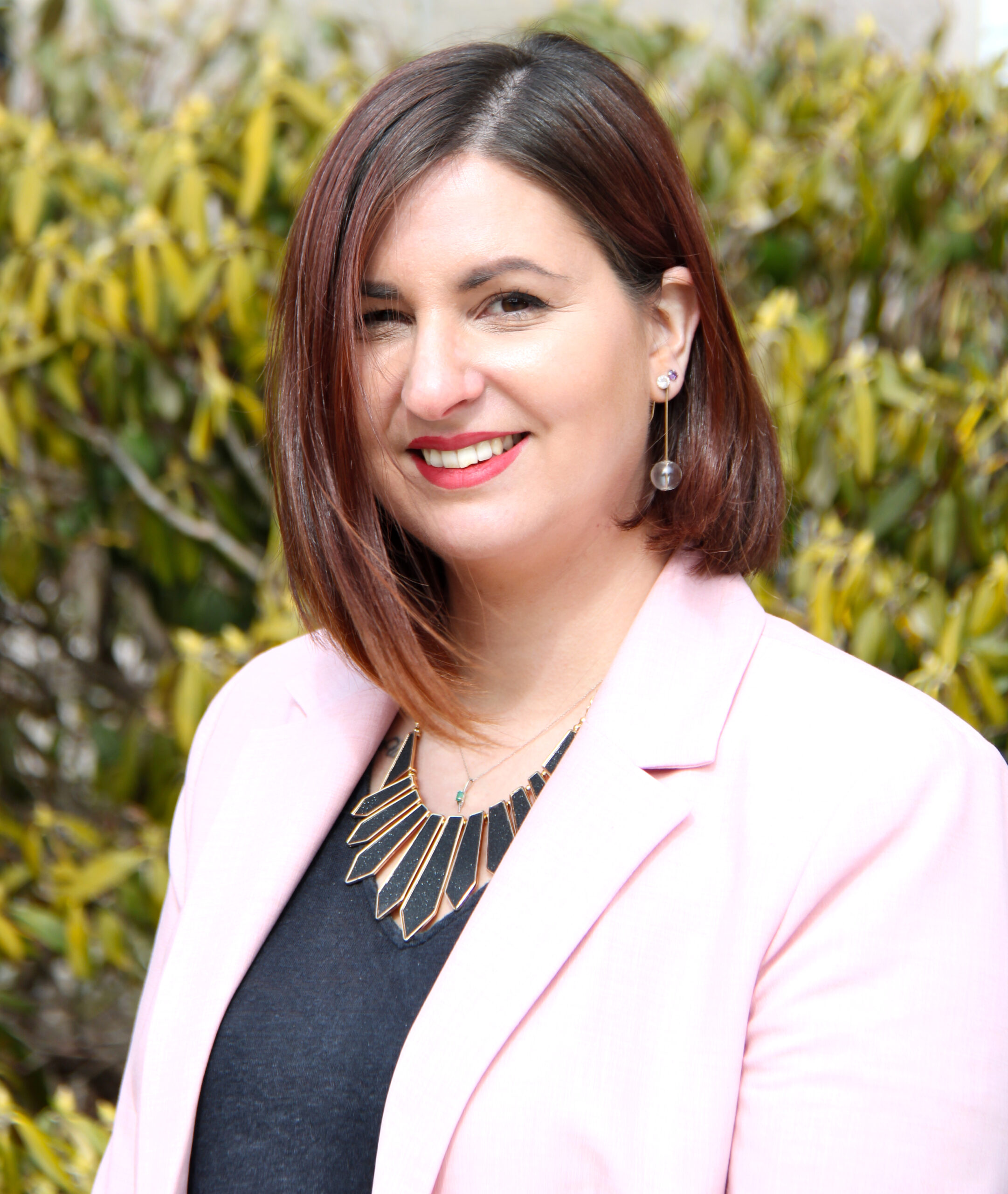Assistant Professor of Nutrition, Marie Morteaux, has worked in labs across the U.S. and Europe, including Italy and France. PHOTO CREDIT: Nick Peirson | Contributing Photographer
Assistant Professor in the department of nutrition and food sciences at the University of Rhode Island, Marie Mortreux, has found a new framework to apply her years of versatile research on the human body: what happens to human health when it’s put into Space?
As a part of research funded by NASA, Mortreux is in the midst of various studies of the effect of partial gravity on astronauts in Space. According to Mortreux, her initial interests fell far from the topic of space.
Space biology is different from Mortreux’s original experience in researching the human body. According to her, those differences lie in the removal of the organism from its natural environment here on earth.
While growing up in Europe, Mortreux said her curiosity made her constantly ask “why.” This aspect of her personality, as well as the support from her parents, helped motivate her to continuously broaden horizons in her knowledge of the human body.
As an undergraduate student in Europe, Mortreux studied many disciplines of human sciences. The majors she’s studied include genetics, genomics, neurosciences, physiology and physiopathology.
“It’s a very different process to go through academia in Europe than it is in the U.S.,” Mortreux said.
In the midst of receiving her Bachelor’s and Master’s degrees in genetics and life sciences, she was selected for a genetics program that enabled the expansion of her knowledge and experience. Mortreux studied in laboratories with different research goals throughout Europe and the United States, including in Italy, Paris and California.
“I have a lot of European laboratory experience, but my major officially was genetics and neurosciences,” Mortreux said. “I could choose and tailor my undergrad to my wishes, which is usual for Europe.”
According to Mortreux, she especially enjoyed her experience at the University of California, San Francisco. When she finished her Ph.D. in physiopathology and cell biology in France, she moved to the United States in 2016.
After coming to the U.S., Mortreux attended the Harvard Medical School Rutkove laboratory for her postdoctoral studies.
“In France, you’re not seen as competitive in research if you don’t have a post-doctorate in the U.S.” Mortreux said.
Mortreux simultaneously participated in her current NASA-funded research for the first time, once arriving at Harvard Medical School in 2016.
According to Mortreux, the research involves the application of nutraceuticals, or natural products derived from a food source that have health benefits, such as vitamin D, to the preservation of astronauts’ health using rodent models. An example of a nutraceutical is vitamin D- a natural product derived from a food source that proposes health benefits. She has recently begun to incorporate study of sex differences, as well, because of the underrepresentation of women astronauts.
“If you look at your favorite astronauts, how many women can you look up to?” Mortreux said. “It’s not that many compared to the number of men, twelve, who walked on the moon.”
According to Mortreux, Harvard Medical School received funding from the National Science Foundation and NASA for research. After interviewing for the original application to work at the Rutkove lab, Mortreux was, instead, determined to be a perfect candidate for this series of NASA-funded studies.
“I never applied for the role, and they never actually advertised it,” Mortreux said. “It was just a lucky coincidence.”
Since arriving at Harvard in 2016, and arriving at URI this past Fall, Mortreux has continued her research for NASA.
Mortreux was an instructor at Harvard Medical School from 2019 to 2022 and began teaching at URI this semester. She is currently teaching one class on applied general nutrition, titled NFS 210, while also implementing her research for NASA.
“It was really nice for me to have this opportunity to go back to teaching,” Mortreux said. “This new generation is going to change the world.”
According to Mortreux, the representation of immigrant, queer women in her field is important since there is so little.
“So many of us grew up without those models,” Mortreux said. “We thought ‘I don’t think I belong.’”
Recently, Mortreux and Kathleen Melanson, another professor at URI, in collaboration with the University of Pittsburgh, have worked to submit a grant to NASA to research the effect of the human body on mars. The result of that submission will determine the future trajectory of Mortreux’s research with NASA.





